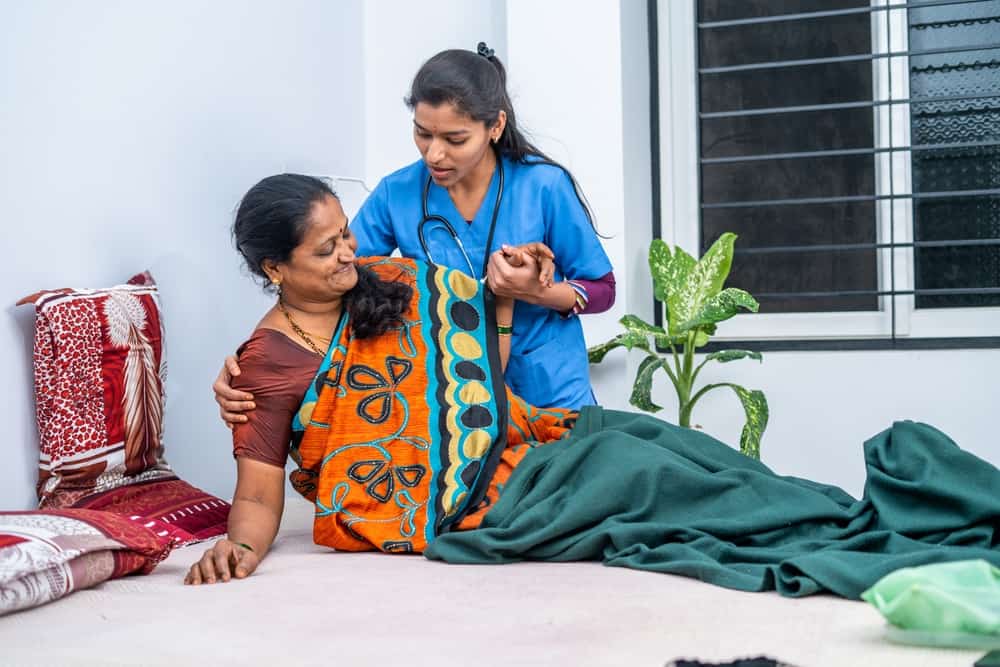Rehabilitation services play a vital role in restoring individuals to their optimal level of physical, mental, and emotional well-being following illness, injury, or disability. These services encompass a diverse range of interventions tailored to address the unique needs of each individual, aiming to enhance their quality of life and functional independence. Physical rehabilitation focuses on improving mobility, strength, and coordination through targeted exercises, manual therapy techniques, and assistive devices such as wheelchairs or braces.
Occupational therapy assists individuals in relearning everyday tasks and skills necessary for independent living, including self-care, work, and leisure activities. Speech and language therapy addresses communication impairments, helping individuals regain speech, language, and swallowing abilities following injury or illness affecting the brain or vocal mechanisms. Psychological rehabilitation offers support and counseling to individuals experiencing mental health challenges, facilitating emotional healing, coping strategies, and adjustment to life changes.
Vocational rehabilitation assists individuals in returning to work or finding new employment opportunities, providing job training, skills assessment, and accommodations to support successful integration into the workforce. Additionally, substance abuse rehabilitation services offer specialized programs for individuals struggling with addiction, providing counseling, detoxification, and support to achieve sobriety and maintain long-term recovery. Overall, rehabilitation services are interdisciplinary and collaborative, involving healthcare professionals such as physical therapists, occupational therapists, speech-language pathologists, psychologists, social workers, and vocational counselors working together to empower individuals on their journey toward healing, independence, and a fulfilling life.
Through comprehensive and individualized interventions, rehabilitation services strive to maximize functional abilities, promote participation in meaningful activities, and foster a sense of dignity, autonomy, and well-being for all individuals seeking rehabilitation support.





